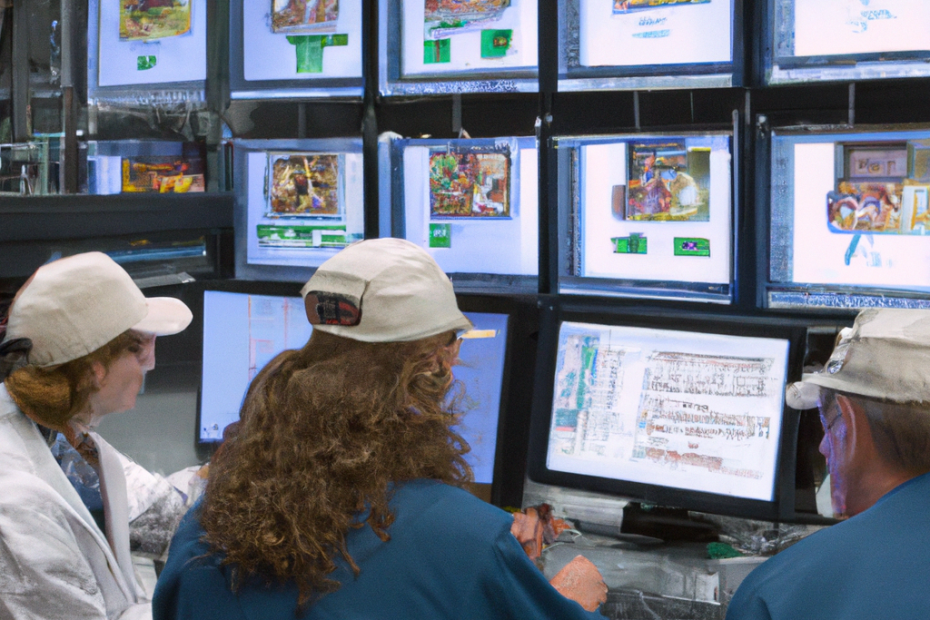Modernizing Quality Assurance Philosophy
Quality assurance philosophies, as introduced by pioneers like Joseph Juran and W. Edwards Deming, have been instrumental in shaping the way organizations approach quality management. However, as we step into the 21st century, consumer products companies face unique challenges that require the modernization and customization of these philosophies to ensure optimal quality outcomes. In this blog post, we will explore the relevance of Juran and Deming’s QA philosophies in today’s context and discuss the need to tailor them for specific consumer products applications.
The Foundation of Juran and Deming’s QA Philosophies:
Joseph Juran emphasized the importance of managing quality by addressing both the technical and managerial aspects of an organization. W. Edwards Deming introduced statistical process control and emphasized the need for continuous improvement and customer-centricity. Their philosophies have stood the test of time and remain relevant in the pursuit of quality excellence.
Evolving Consumer Products Landscape
a) Rapid Technological Advancements: The consumer products industry has witnessed a significant evolution due to advancements in technology. With the advent of smart devices, e-commerce, and the Internet of Things (IoT), consumer expectations and demands have changed. QA philosophies must now incorporate the challenges associated with digital products, software integration, and connectivity.
b) Increasing Complexity and Customization: Consumer products are becoming increasingly complex, with a growing emphasis on personalization. This introduces new challenges in ensuring consistent quality across different product variations, customizations, and configurations. QA philosophies must adapt to address these complexities effectively.
Customizing QA Philosophies for Consumer Products
a) Application-Specific Quality Metrics: Consumer products companies need to define specific quality metrics that align with their industry and product categories. For example, criteria such as durability, usability, sustainability, and safety become critical considerations. Tailoring QA philosophies to focus on these specific metrics ensures that quality efforts are aligned with customer expectations.
b) Agile and Lean Approaches: The agile and lean methodologies have gained prominence in recent years, particularly in software development. Consumer products companies can adopt these principles to improve their QA processes. Agile methodologies allow for faster iterations, enabling companies to adapt to changing customer needs and preferences. Lean principles eliminate waste and focus on value-added activities, streamlining QA efforts.
c) Incorporating Big Data and Analytics: The era of big data presents immense opportunities for consumer products companies. By leveraging data and analytics, organizations can gain valuable insights into customer preferences, product performance, and quality trends. QA philosophies should integrate data-driven decision-making, predictive analytics, and machine learning techniques to identify patterns, predict quality issues, and drive continuous improvement.
Collaboration and Integration
QA efforts in consumer products companies should not be isolated from other departments. Collaborative approaches that involve cross-functional teams, including product development, manufacturing, marketing, and customer service, are crucial for achieving seamless quality outcomes. QA philosophies need to emphasize the importance of collaboration, effective communication, and shared accountability across the organization.
While the QA philosophies introduced by Juran and Deming remain relevant, they need to be updated and customized for the unique challenges faced by consumer products companies in the 21st century. By tailoring these philosophies to specific consumer products applications, organizations can adapt to evolving customer expectations, technological advancements, and the increasing complexity of their products. Embracing agile methodologies, leveraging big data and analytics, and fostering cross-functional collaboration are essential steps in modernizing QA practices for optimal quality outcomes and customer satisfaction in the consumer products industry.
